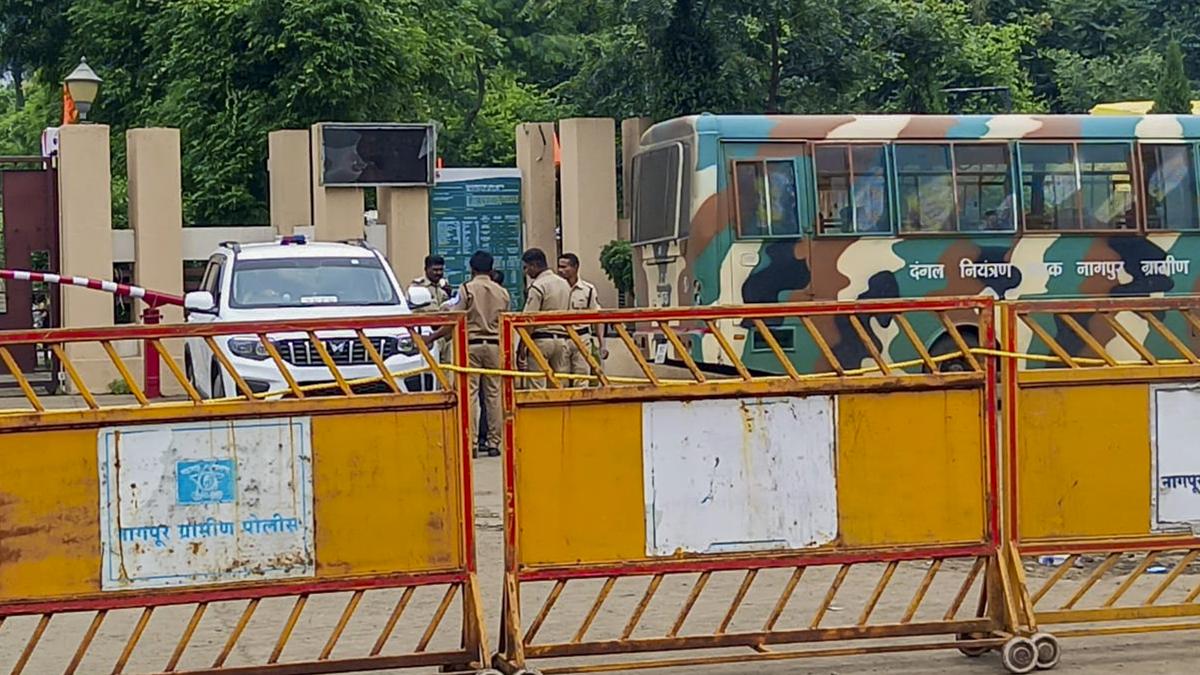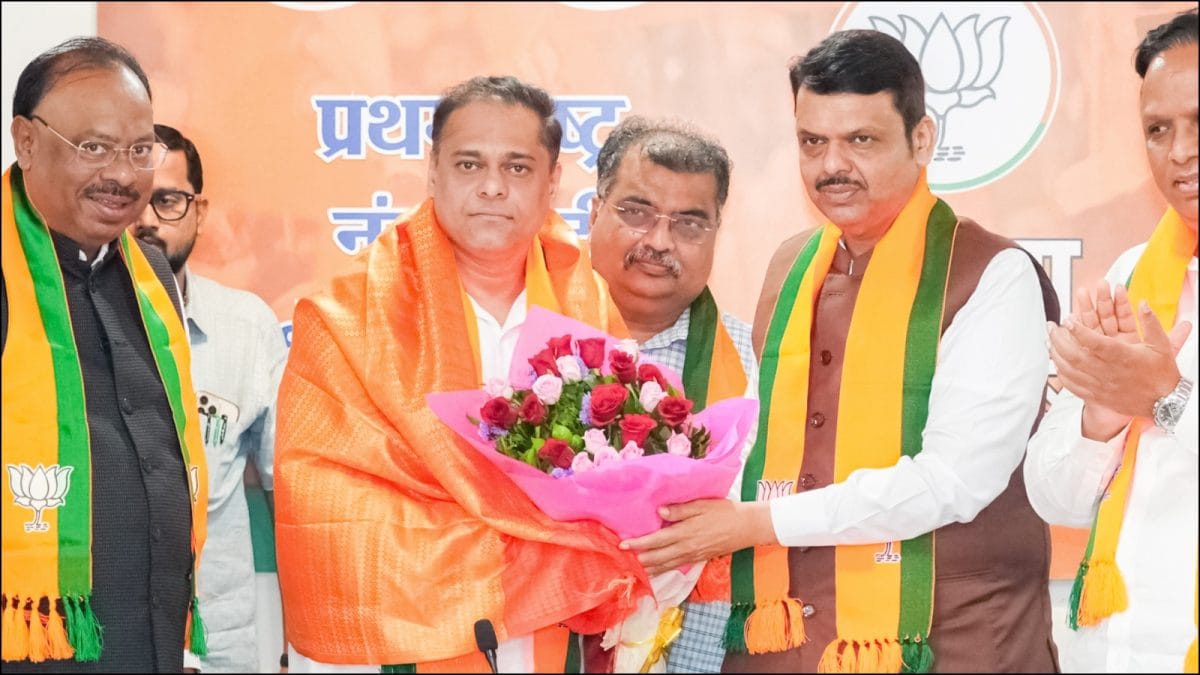ARTICLE AD BOX
Doubting whether its Division Bench could have fixed time limits for the President and Governors to act on Bills forwarded by legislatures, the SC constitution bench hearing the reference made by President Droupadi Murmu in this regard, Tuesday remarked that laying down such timelines would basically “amount to amending the Constitution”.
In May, the President exercised powers under Article 143(1) to know from the top court whether judicial orders could impose timelines for the exercise of discretion by the President while dealing with Bills passed by state Assemblies.
Stating that individual cases could be dealt with by the courts, CJI B R Gavai presiding over the five-judge bench said: “Though in the facts of the case, the court may have laid down a timeline under Article 142 to do complete justice. (But) can you lay down a straight jacket formula for the exercise of the powers by the Governor and the President while exercising 142?” He added that the direction of the Division Bench “prima facie appears to be imposing upon a President…” that he consult whenever the Bill is reserved on grounds of unconstitutionality. The bench also comprised Justices Surya Kant, Vikram Nath, P S Narasimha and A S Chandurkar.
Appearing for the Tamil Nadu government, Senior Advocate A M Singhvi sought to justify the SC two-judge bench laying down time limit for the President and Governors, saying this was necessary in view of the “contemporary realities”.
Pointing out that the Constitution does not lay down any such timeline, Justice Nath said, “one has to amend the Constitution basically to incorporate all these timelines into the provisions of Articles 200 and 201.” He said even in the absence of such timelines, parties can always come to the court with their individual grievances.
Singhvi said that “constitutional silences allow” the court “to operate in the unoccupied interstices where public interest so desires”. He said that “unless and until Your Lordships purposely interprets the Constitution in the present context of Article 200 by stipulating timelines, Your Lordship would really be reducing it to a mere formality in expectation of hope, a pious declaration but no real teeth. If there is no time limit in Articles 200 and 201, then it is a completely remedyless situation.”
The bench then referred to the question posed by the Reference on the court laying down that the President “ought to” seek the court’s opinion where the Governor reserves a Bill on the ground of “perceived unconstitutionality”.
Story continues below this ad
Singhvi, however, said that it was not a mandatory direction. “Nobody is saying that the President is mandatorily obliged in every case of such a question to come to Your Lordship under Article 143,” he said. But the CJI said, “that’s the question arising. It has arisen… the Division Bench has ruled that whenever the President has a doubt, the President should mandatorily refer to the court.”
Singhvi said “that is the wrong impression given to Your Lordship… The Division Bench does not make it mandatory for the President… it is a distorted question… it is a created question. Why should Your Lordships spend time answering a created question.” The senior counsel said that “it’s an empowering para. If the President is confused or doubting, he or she may… optional, not mandatory… President as a matter of prudence may…” Justice Narasimha then said what would happen if the timelines are not followed: “In individual matters, the court may exercise jurisdiction but to say we will set a timeline… is difficult.”
CJI Gavai said that “in a particular case… a party aggrieved can under Article 226 also go (to the High Court). There could be different exigencies, different situations warranting different timelines for different enactments. Then providing a fixed timeline…”
Singhvi said, “In the context of Article 200, should Your Lordships be following a Bill-by-Bill approach… then the very objective of putting a timeline will be defeated. The timeline is for guidance which has to be adhered to… if it’s not adhered to, it’ll result in deemed assent to the Bill.” The CJI said, “We can say the Governor must take action within a reasonable period, but to fix a timeline…”
Story continues below this ad
Sighvi said “reasonable period and as soon as possible has been a constitutional mandate for 70 odd years. Your Lordship has seen the result. Such cases have risen when it’s not followed”.
Justice Narasimha asked whether “as soon as possible is not good enough?”, to which Singhvi said that “it has proved (to be) not good enough. Otherwise there will be no case”.



.png)
.png)
.png)























 English (US) ·
English (US) ·